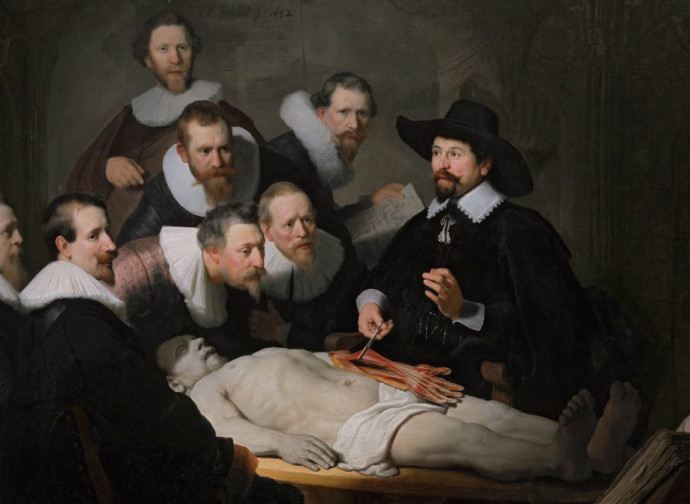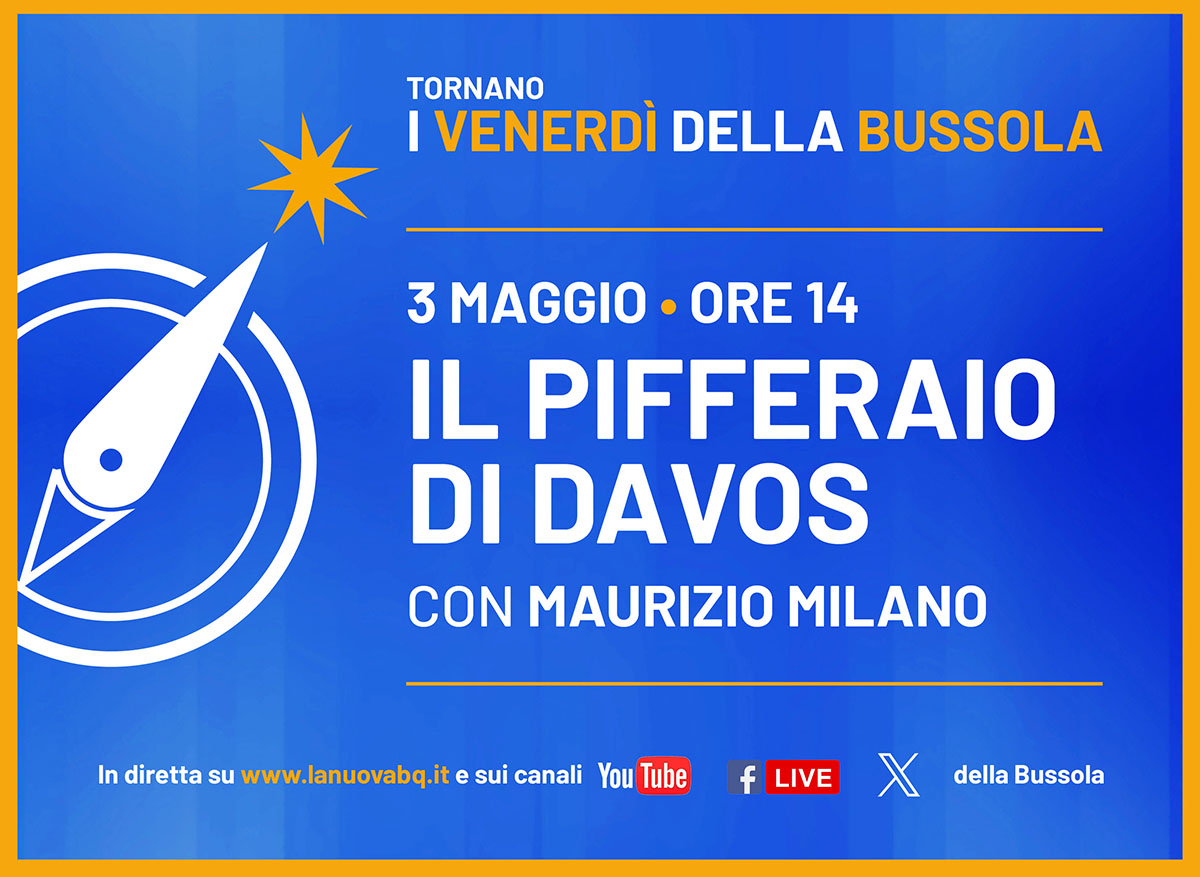Macabre dance video signals medical abuse culture
There is no justification for the 'macabre dance' performed during a practice session for forensic medicine in Malta. It is a sign of the great reset taking place in medicine which is losing its sense of care for the sick and respect for all people, even the dead.

A video has gone viral on social media recently of forensic doctors dancing and singing next to a corpse. Despite its grim contents, this one is not fake news: it actually happened a few days ago in Malta, during a practice session by the Italian Society of Forensic Medicine. In the video (which we do not link out of respect for the deceased and because its diffusion is subject to criminal prosecution ed.), the professionals seem to be having great fun together, while the body of a deceased person is laid out on a table.
Inevitably, the video recalls the 'macabre dances', an artistic genre popular in Europe in the 14th century, performed after the catastrophic plague epidemic of 1348 had ended. Those dances, on the other hand signified how fragile the human condition is, over which death always looms. It was an artistic and philosophical reflection on life and death with an explicit invitation to respect both.
Instead, the scene of the merrymakers in Malta belongs to that culture of mockery and its increasing imposition. The mockery of God, perpetrated by blasphemous shows and exhibitions, then the mockery of family values, motherhood, virtues. Finally the mockery of death, the mockery and disrespect of the deceased human person.
Or is this interpretation an exaggeration? It seems not considering how many doctors were outraged and made their protest heard after the news reached the public. Even several forensic doctors immediately disassociated themselves, demanded explanations and announced that they would request disciplinary measures from the Italian Minister of Health, Orazio Schillaci, and the president of Fnomceo, the Federation of Doctors' Associations, Filippo Anelli. When Anelli was questioned, he stated that the forensic doctors’ dance during an autopsy 'is disgraceful behaviour even if it happened abroad.(...) I believe that the profession deserves respect and we also need respect for corpses'.
In a note, Francesco Introna, president of the Italian Society of Forensic Medicine (Simla) said that 'the behaviour depicted in the video is reprehensible and alien to forensic medicine culture. Autopsies, like surgeries, are carried out by specialists in the field and the deontological behaviour of Italian forensic doctors has always been characterised by the utmost respect for the dignity of the corpse and the relatives'. The Simla president wanted to point out that the training course during which this episode occurred 'was neither organised nor sponsored by the Italian Society of Forensic Medicine. It was a didactic course carried out abroad and not a judicial autopsy'.
But, the fact that this shameful performance filmed in the video took place abroad, something also emphasised by Anelli, frankly takes nothing away from its seriousness. Ethics and deontology should know no boundaries: this scene is as unacceptable in Malta as well as in Italy or anywhere else in the world. As with other forms of mockery, such as those mentioned above, there seems to be no the awareness that the behaviour displayed smacks of evil. And while it is to be hoped that there will be a deontological assessment of the behaviour of the professionals involved on the part of the Medical Associations, there are already theses that tend to seek justifications and even counter-arguments, including complaining that the video in question has been 'illegally disseminated'.
Cristoforo Pomara, professor of Forensic Medicine at the University of Catania, puts it this way: 'I learn with dismay from the press of the illegal dissemination of a video made during an anatomical course abroad and which improperly refers to the preparatory work for a session of the National Conference of the Italian Society of Forensic Medicine entitled Live Autopsy and for whose session I am responsible. Contrary to what is erroneously reported, the video, which was illegally disseminated, was made during a break in an anatomical exercise abroad on bodies donated for study and training purposes, and was therefore completely divorced from the forensic medical professional context. It was neither a judicial autopsy nor a diagnostic finding'.
But, appealing to the right to privacy in such a scabrous situation lacks any fundamental justification. The polemic instigated by this particularly disrespectful attitude towards death and towards a deceased person should not be about whether the scene should have been filmed or not but rather about the fact it should never have taken place.
Professor Pomara, however, adds further thought-provoking considerations: 'During the course we worked for a week on very difficult dissection techniques,' he emphasises, 'even more than 12 hours a day from morning to late evening in the anatomy room to make the most of the time allotted for the activities', while the video was 'made during a break'.
Therefore, did so much hard work justify a moment of relaxation, in the spirit of student carefreeness? A sort of re-edition of 'doctors having fun'? Certainly not. No kind of activity, even if onerous, can justify forms of 'ethical relaxation'; yet not infrequently doctors (and not only them) take stress as an alibi for behaviour that is far from virtuous.
Essentially, this too, is a depressing sign of the times we are living through, the times of the Great Reset of Medicine and the Medical Profession, where there is a serious risk of losing sight of what should be the physician's task and mission: to care for and respect people, both living and dead.
Easter Triduum, the mysteries of life and death interrogate world today
In the three days of the Triduum we relive the apocalyptic clash between life and death, light and darkness, hate and love. It is an ever-present drama that concerns each of us, our eternal destiny. Even in the greatest suffering, Christ gives us the certainty that, united with Him, we will rise to new life.
"I'm ill, but I want to live." Hospital asks judge to end her life
British doctors want to end the life of a fully conscious 19-year-old schoolgirl in intensive care because she can't get better. And the judge agrees, the girl’s will doesn’t count

